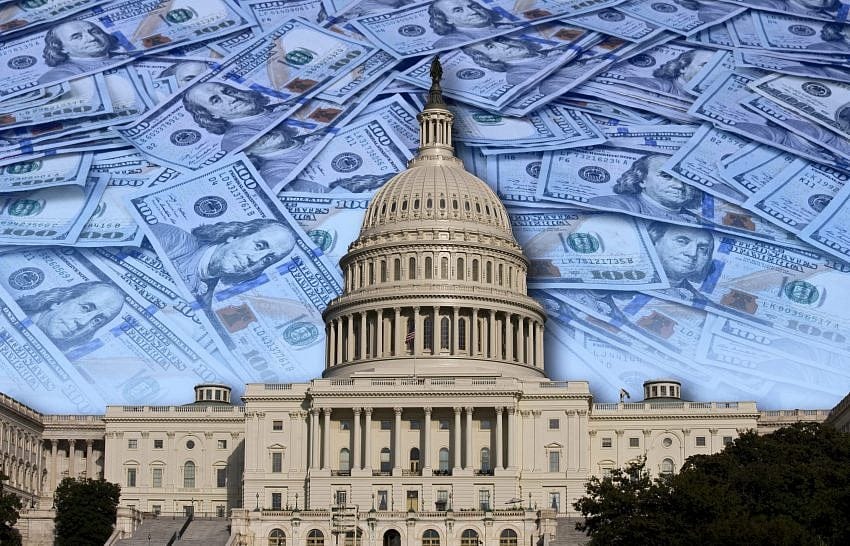Prisoners Should Get $1,200 Coronavirus Checks, Ayanna Pressley Says

Massachusetts U.S. Representative Ayanna Pressley has come out in favor of giving $1,200 coronavirus stimulus checks to inmates in prisons.
A federal judge in northern California appointed by President Bill Clinton recently ruled that the Trump administration must stop withholding coronavirus checks from prisoners because the federal Coronavirus Aid, Relief, and Economic Security Act does not explicitly exclude them.

